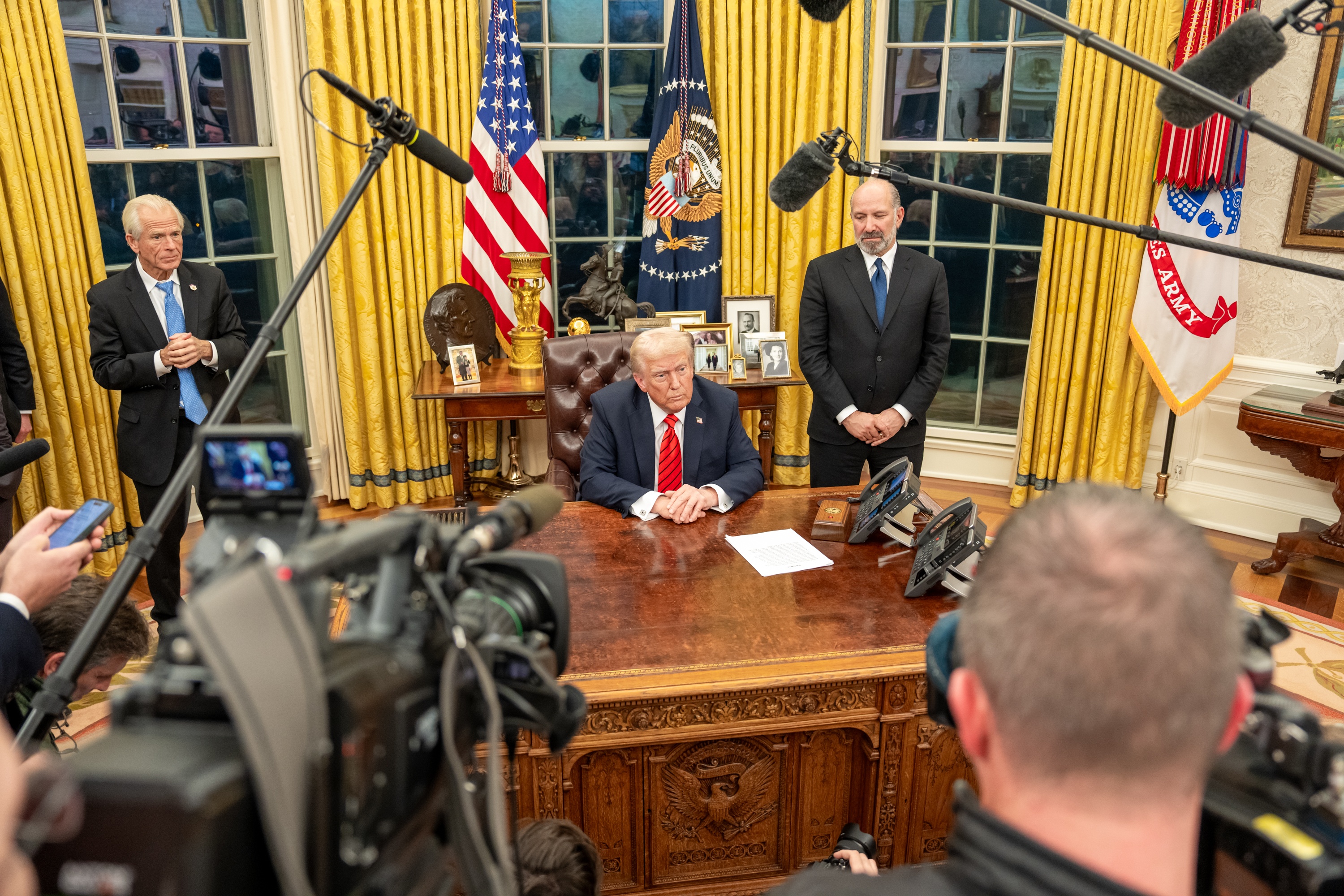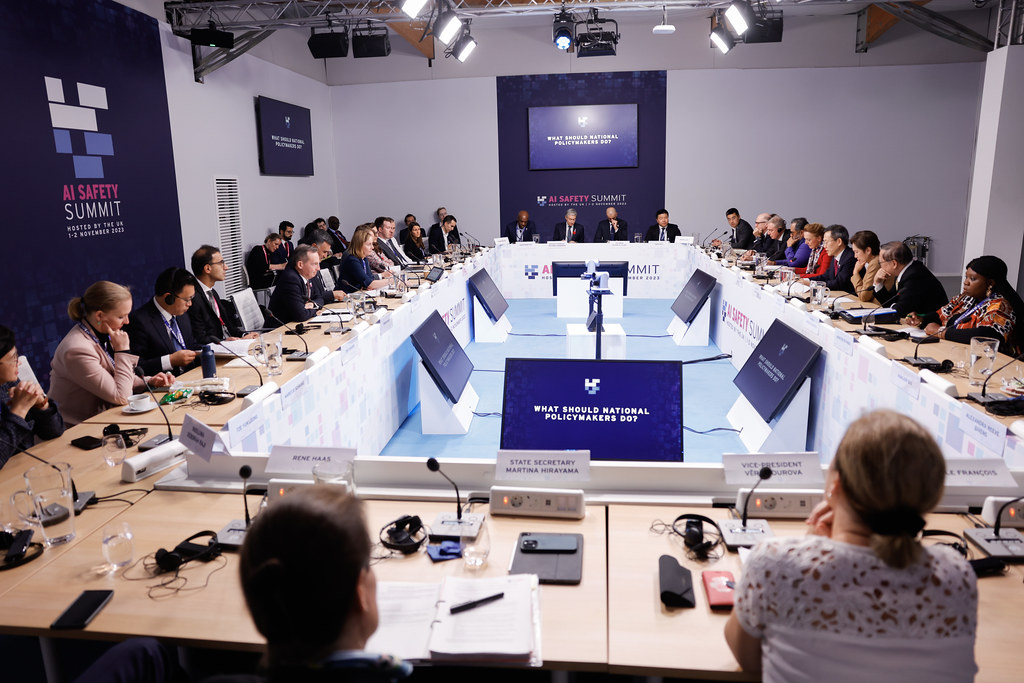Today's Headlines and Commentary
The long national nightmare is over. We can all breathe a huge, collective sigh of relief.
Published by The Lawfare Institute
in Cooperation With

The long national nightmare is over. We can all breathe a huge, collective sigh of relief. Now we can at least pretend that we’re getting back to talking about national security legal policy.
Jay Solomon of the Wall Street Journal outlines the vast global problems President Obama will face in his second term.
The Institute for National Security Studies, an Israeli think tank, conducted a war game simulation of what would happen if Israel conducted a strike against Iranian nuclear facilities---and concluded that the world would react “in the direction of containment and restraint,” not in the direction of WWIII, according to Sara Sidner of CNN.com.
Lots going on in South Asia. As Raffaela noted yesterday, the U.N. Security Council’s sanctions committee has added the Haqqani network to its list. Pakistan---surprise, surprise!---has pushed back against the decision, arguing that the sanctions won’t do any good. Carlo Munoz of the Hill has the story. Jeremy Herb of the Hill tells us that Afghan President Hamid Karzai has refused to negotiate with the Haqqanis.
Speaking of negotiating with bad guys, BBC.com reports that the Pakistani Taliban has claimed responsibility for a suicide attack in Peshawar that killed a top Pakistani police officer and least four others, and injured at least 30.
The Pakistani newspaper Express Tribune and Agence France Presse report that Pakistani politician and former cricket star Imran Khan spoke out aggressively against militancy and terrorism on Pakistan’s soil. With a platform like that, who wouldn’t vote for the guy?
And Bruce Riedel of Brookings has this op-ed on the University of Pennsylvania Center for the Advanced Study of India’s (CASI) website about how India and the U.S. will handle Pakistan in the future.
Kareem Fahim of the New York Times reports that five IEDs exploded in Manama, the capital of Bahrain, yesterday, killing two foreigners and injuring a third. Rick Gladstone informs us that officials think Hezbollah may be responsible.
As Wells mentioned, Mustafa Al Hawsawi is seeking to have his case dropped for lack of jurisdiction, says AFP.
Aaron B. O’Connell, an assistant professor of history at the United States Naval Academy and a Marine reserve officer, argued in the Times a few days ago that the “spiritual effects of [America's] permanent preparations for war” are taking their toll:
Our culture has militarized considerably since Eisenhower’s era, and civilians, not the armed services, have been the principal cause. From lawmakers’ constant use of “support our troops” to justify defense spending, to TV programs and video games like “NCIS,” “Homeland” and “Call of Duty,” to NBC’s shameful and unreal reality show “Stars Earn Stripes,” Americans are subjected to a daily diet of stories that valorize the military while the storytellers pursue their own opportunistic political and commercial agendas. Of course, veterans should be thanked for serving their country, as should police officers, emergency workers and teachers. But no institution — particularly one financed by the taxpayers — should be immune from thoughtful criticism.And here's an idea from The Onion for a new technological gadget for election reporting in 2016: Today’s Moment of Zen.

Ritika Singh was a project coordinator at the Brookings Institution where she focused on national security law and policy. She graduated with majors in International Affairs and Government from Skidmore College in 2011, and wrote her thesis on Russia’s energy agenda in Europe and its strategic implications for America.




